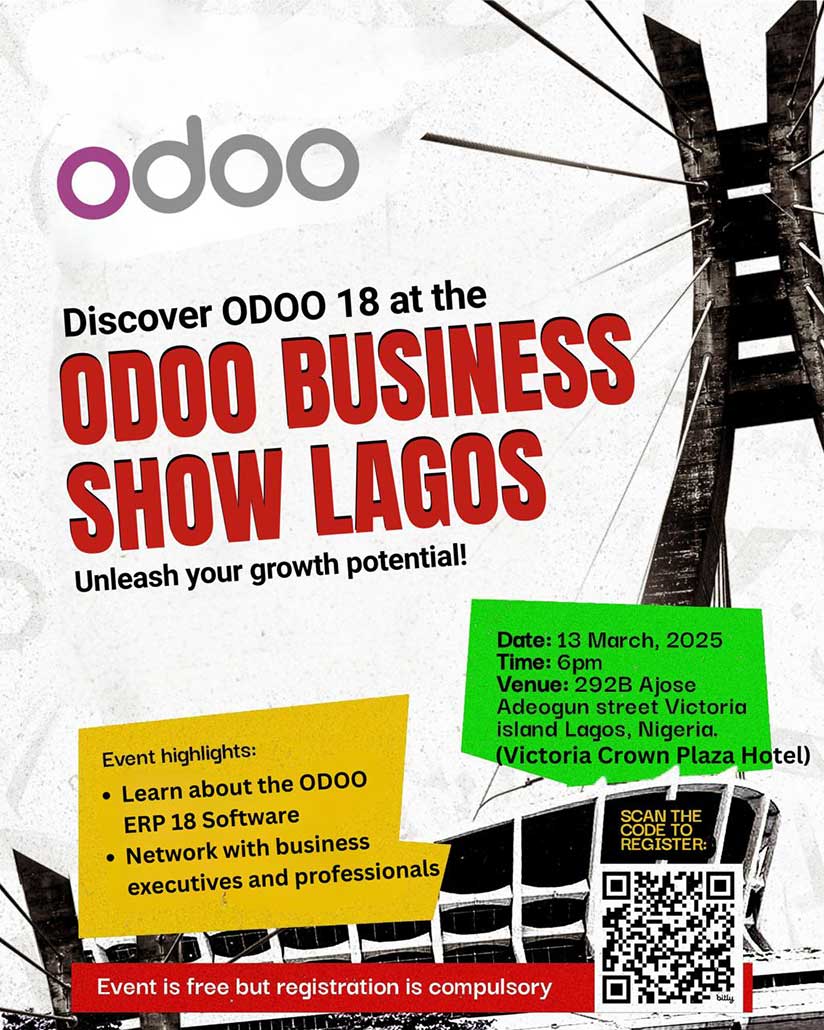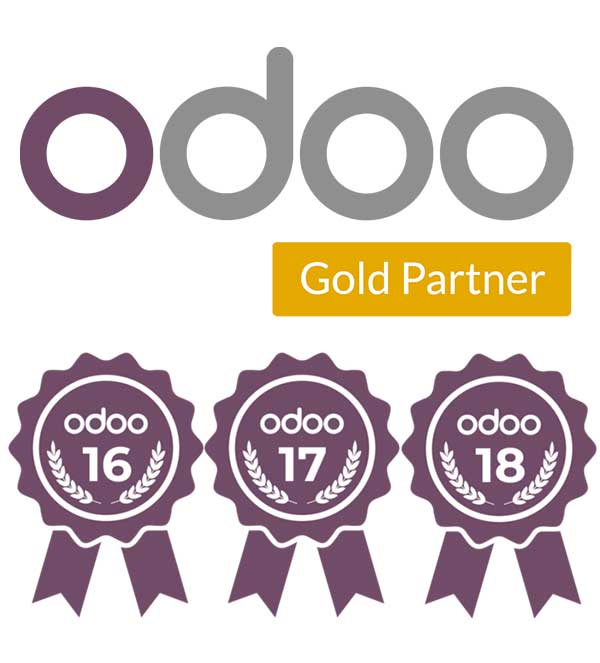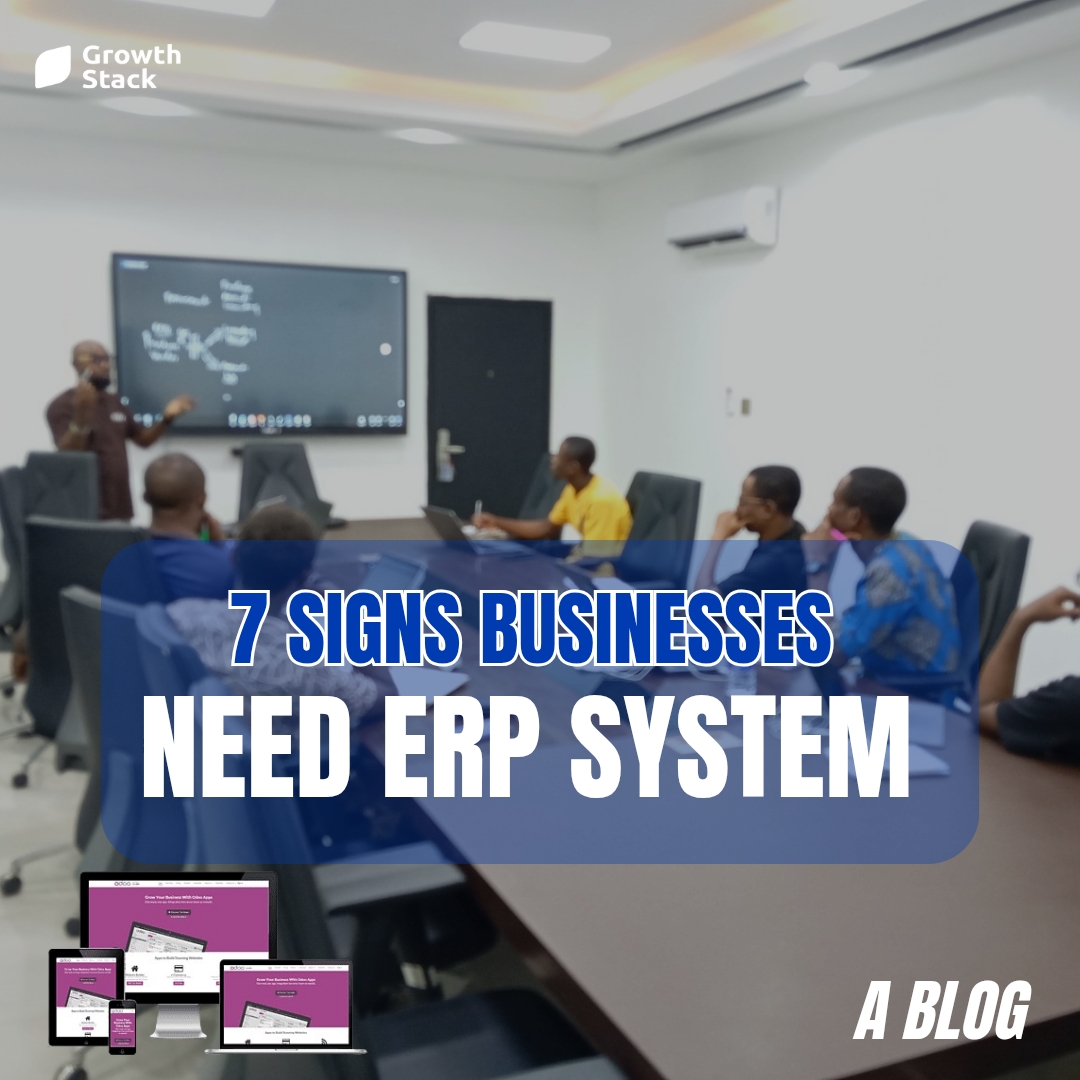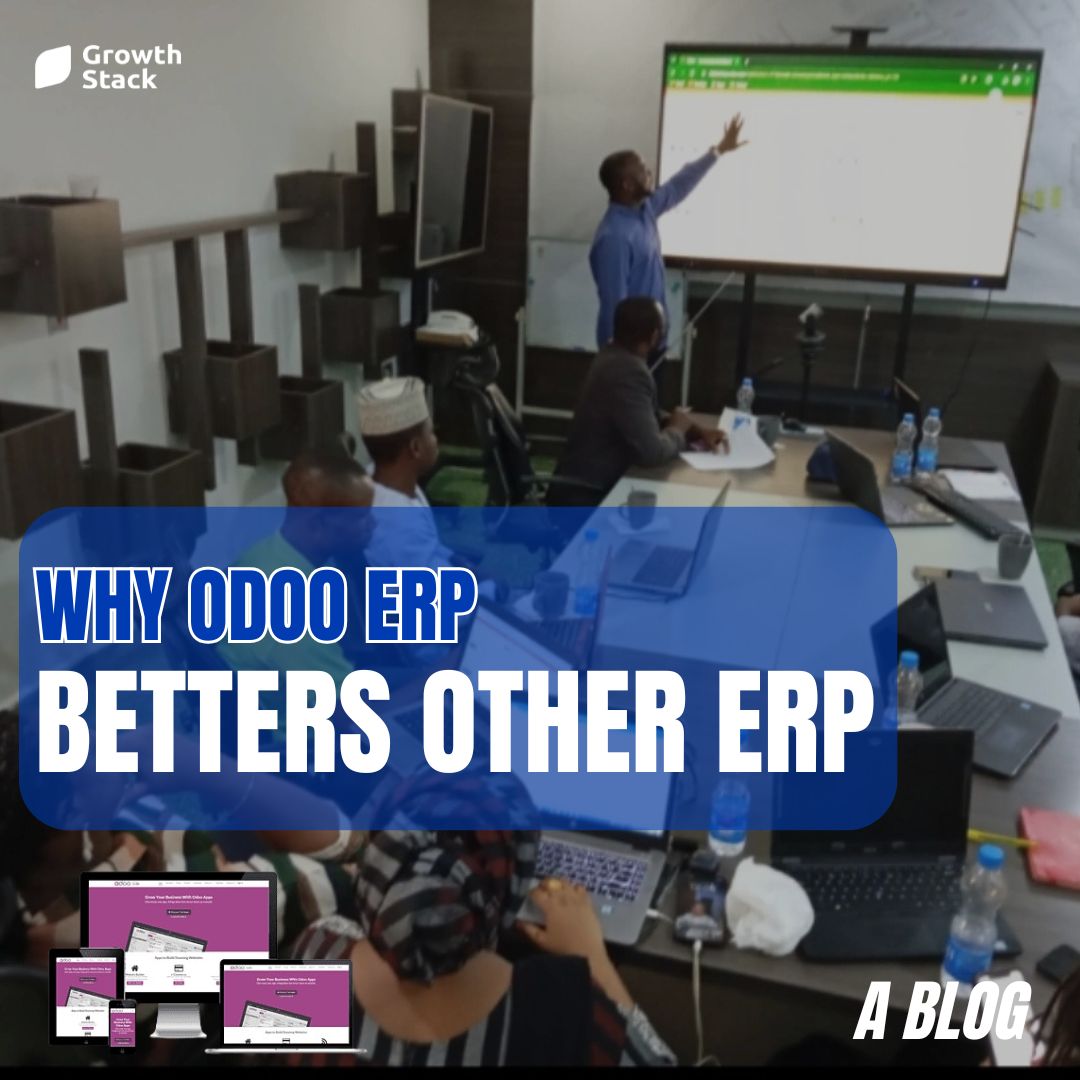Introduction:
ERP software is always evolving and adapting to meet the changing needs of businesses in a variety of industries. As we approach the year 2023, new trends emerge that promise to shape the future of ERP software. These themes seek to increase functionality, enhance user experience, and accelerate digital transformation. In this post, we will look at the top ERP software developments that organizations should be aware of in 2023.
Cloud-Based ERP Solutions:
Cloud computing has grown in popularity in recent years, and ERP software is no exception. When compared to on-premises systems, cloud-based ERP solutions provide more scalability, flexibility, and accessibility. We may expect to see more cloud-based ERP software adoption in 2023 as businesses grasp the benefits of cheaper upfront costs, quicker maintenance, and the ability to access real-time data from anywhere, at any time.
Integration of Artificial Intelligence (AI) and Machine Learning (ML):
AI and ML technologies are revolutionizing many industries, including ERP software. ERP systems will progressively use AI and ML in 2023 to automate regular operations, increase data analysis, and improve decision-making capabilities. Predictive analytics, intelligent insights, and automated workflows are just a few examples of how AI and machine learning integration can enable businesses to optimize operations and drive efficiency.
Mobile ERP Applications:
Mobile devices have become an indispensible part of our daily lives, and ERP software is catching up. Mobile ERP applications will continue to grow in popularity in 2023, allowing users to access crucial corporate information while on the road. Employees will be able to stay connected and make educated decisions regardless of their location thanks to mobile ERP apps that give real-time updates, dashboards, and notifications.
Connectivity to the Internet of Things (IoT):
The Internet of Things (IoT) is transforming the way we interact with technology. ERP software will increasingly rely on Internet of Things connectivity to collect data from numerous devices and sensors. Businesses may use this connectivity to monitor and manage their assets, track inventory in real time, and improve supply chain visibility. ERP solutions driven by IoT will pave the way for increased operational efficiency and predictive maintenance.
Enhanced Data Security and Privacy:
As data breaches continue to make headlines, protecting data security and privacy is becoming increasingly important. ERP software companies will prioritize improving security methods to secure critical business data in 2023. To detect and mitigate such threats, adopt strong encryption mechanisms, multi-factor authentication, and proactive monitoring systems.
Integration with Other company Systems:
ERP software is no longer restricted to the management of key company processes. We will see a stronger emphasis in 2023 on connecting ERP systems with other business systems, such as Customer Relationship Management (CRM), Human Resources (HR), and Business Intelligence (BI) tools. This integration will allow for continuous data flow, the elimination of silos, and the provision of a comprehensive perspective of the entire business, enabling cooperation and informed decision-making.
Conclusion:
The world of ERP software is continually growing, driven by technological breakthroughs and changing company requirements. Cloud-based solutions, AI and ML integration, mobile applications, IoT connectivity, increased data security, and system integration will be major themes to watch in 2023. Businesses that remain on top of these developments and embrace them will be better positioned to streamline processes, boost productivity, and gain a competitive advantage in a volatile market. ERP software is at an exciting period as it continues to alter enterprises and determine the future of enterprise management.











